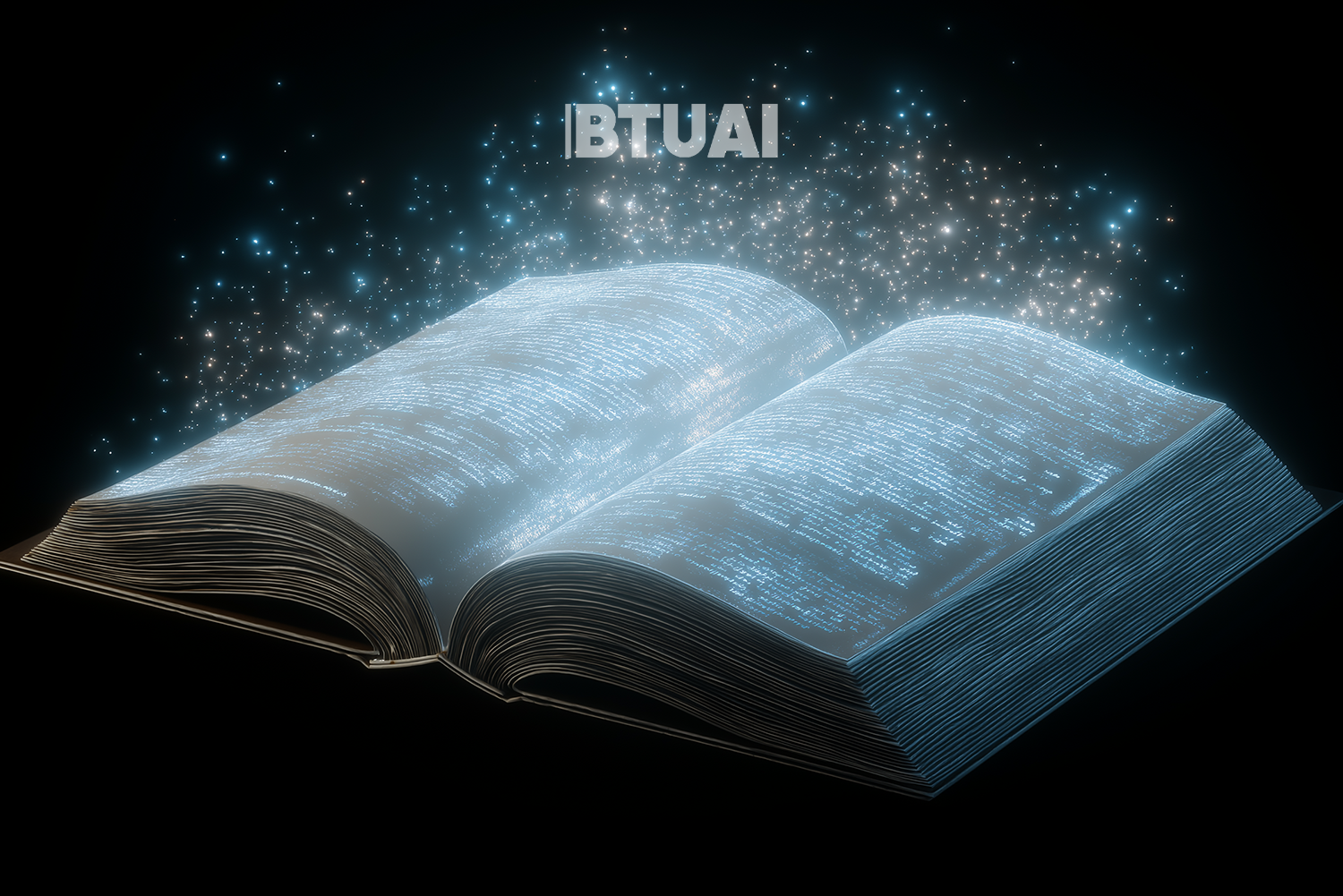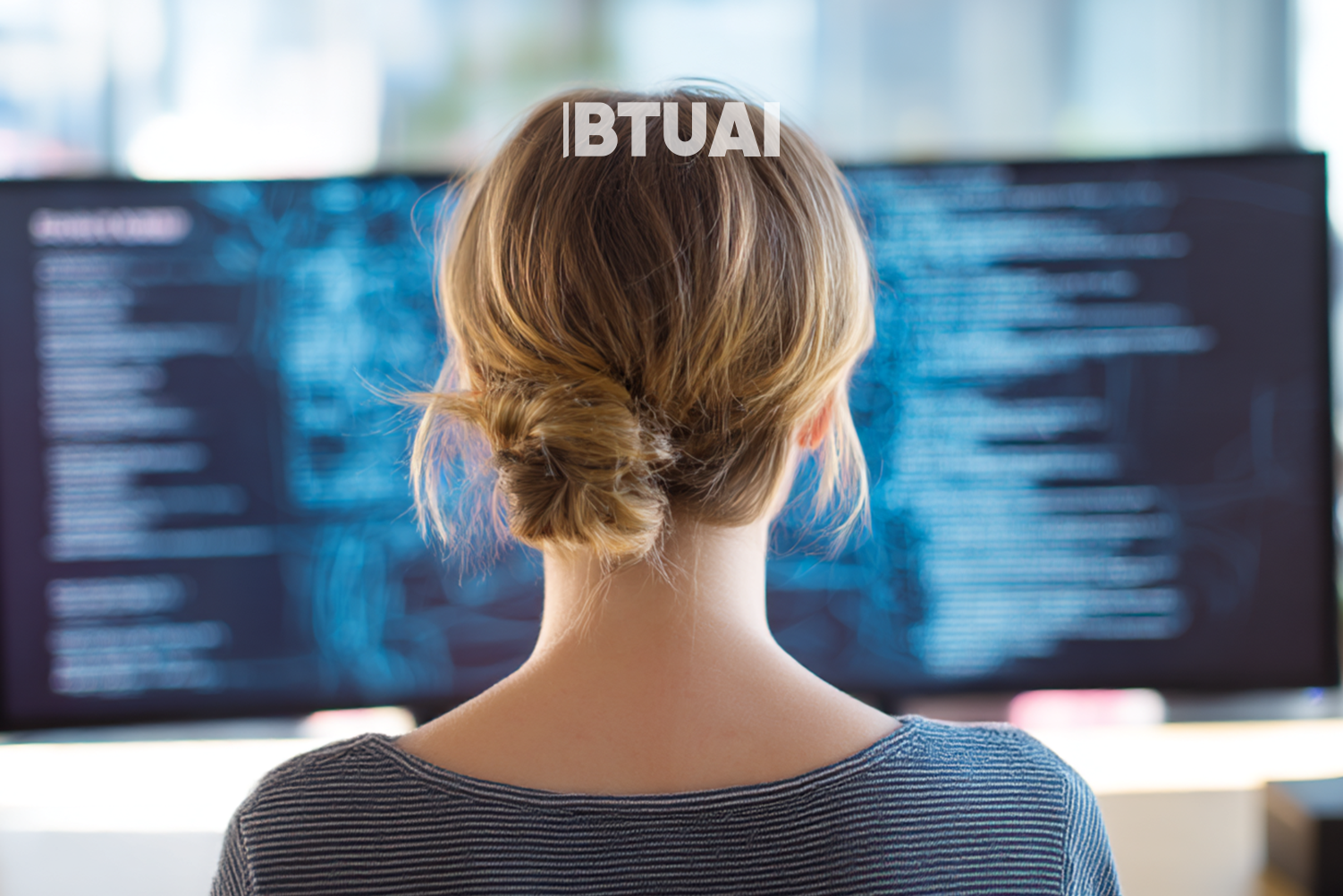How Much of the World’s Knowledge Is Digitized and Searchable?
It may feel like the internet contains all of humanity’s knowledge—but this perception is far from reality. According to

It may feel like the internet contains all of humanity’s knowledge—but this perception is far from reality. According to estimates by international organizations and digital heritage experts, only about 10–15% of the world’s textual, documentary, and archival materials have been digitized in any form. However, this refers merely to scanning or digital reproduction—it doesn’t mean the material is searchable or even publicly accessible online.
In truth, search engines only index a small portion of what exists digitally. The so-called “deep web”—which includes scientific databases, archives, institutional repositories, and unstructured content—is significantly larger but largely invisible to standard web searches. A 2015 estimate suggested that Google could access only about 4% of the material on the internet. The rest remains hidden, further limiting access to digital knowledge.
Even among digitized materials, only a portion is structured and searchable as text. For instance, Google Books once estimated that there are roughly 130 million unique book titles worldwide. Of these, perhaps 15–20% have been scanned, and only a third of those may be in a fully searchable, structured format. This implies that less than 5% of the world’s textual knowledge is currently searchable in electronic form.
The pace of digitization also varies widely by region. In Western Europe and North America, national libraries, archives, and museums have launched large-scale digitization efforts. Germany’s Deutsche Digitale Bibliothek, for example, has made millions of cultural objects available online. But in developing countries—including Georgia—digitization is progressing slowly, unevenly, and often without a consistent public access strategy. In Georgia, for instance, the National Library estimates that only about 5% of its physical collection has been digitized, and even less is available in searchable formats.
Another challenge is that much of the scanned content exists only as images, without OCR (optical character recognition). This makes it difficult to search, analyze, or process using modern tools. OCR support for languages like Georgian remains limited, leaving vast collections inaccessible to researchers and AI systems alike.
Against this backdrop, AI-based technologies are becoming increasingly important. New systems can decode and structure poorly scanned or unstructured documents. However, large-scale implementation is still rare, and the majority of global knowledge remains outside the digital scientific space.
Importantly, digital inequality is not only about internet access—it also concerns whose knowledge gets digitized and indexed. Many cultures, languages, and regions are still poorly represented in the digital sphere, meaning their contributions are largely invisible in global knowledge repositories.
In short, despite all our technological progress, the truly searchable portion of human knowledge is still just the surface layer. Unlocking the full depth will require the digitization, structuring, and indexing of billions more documents, records, and artifacts.




